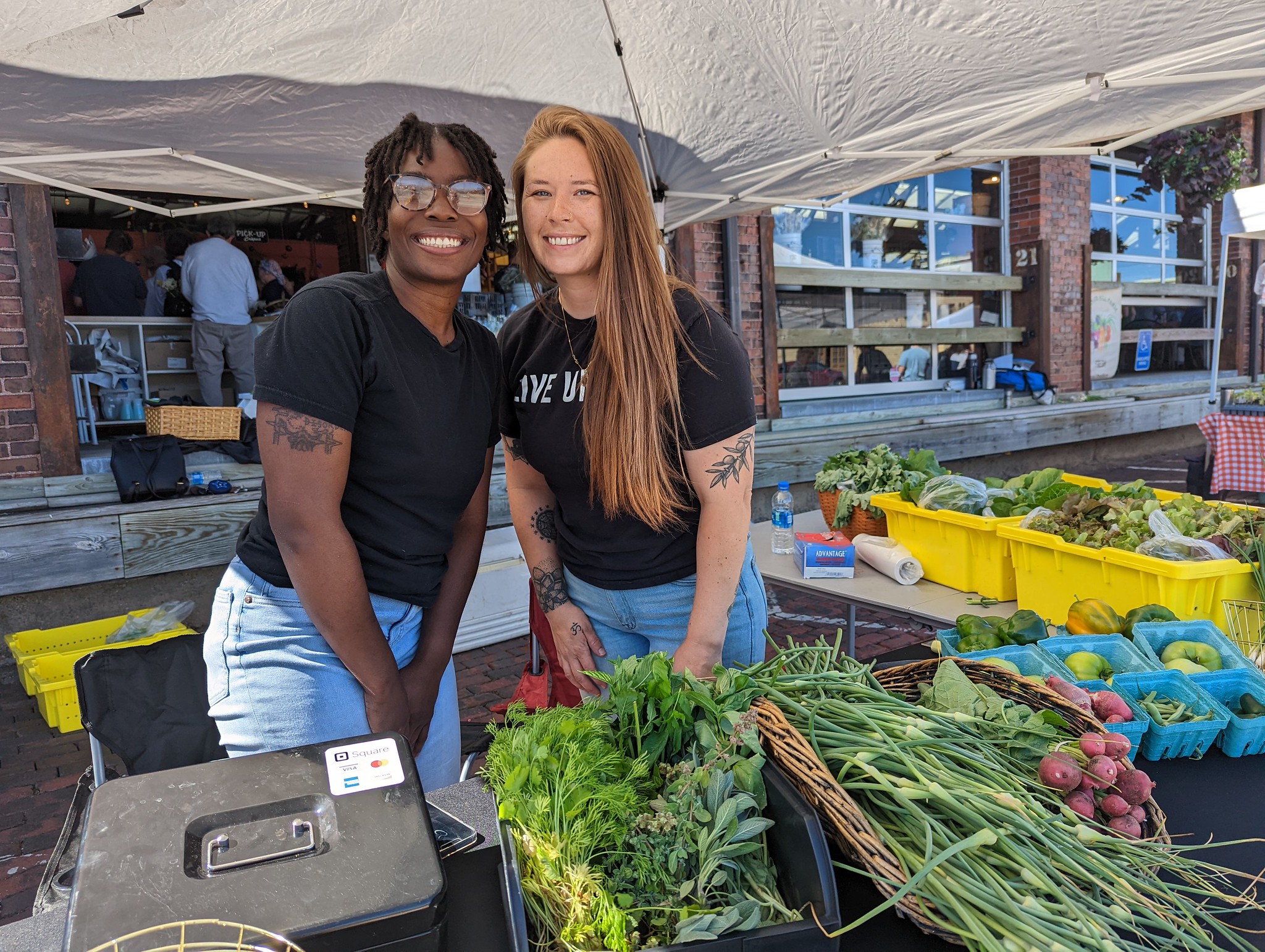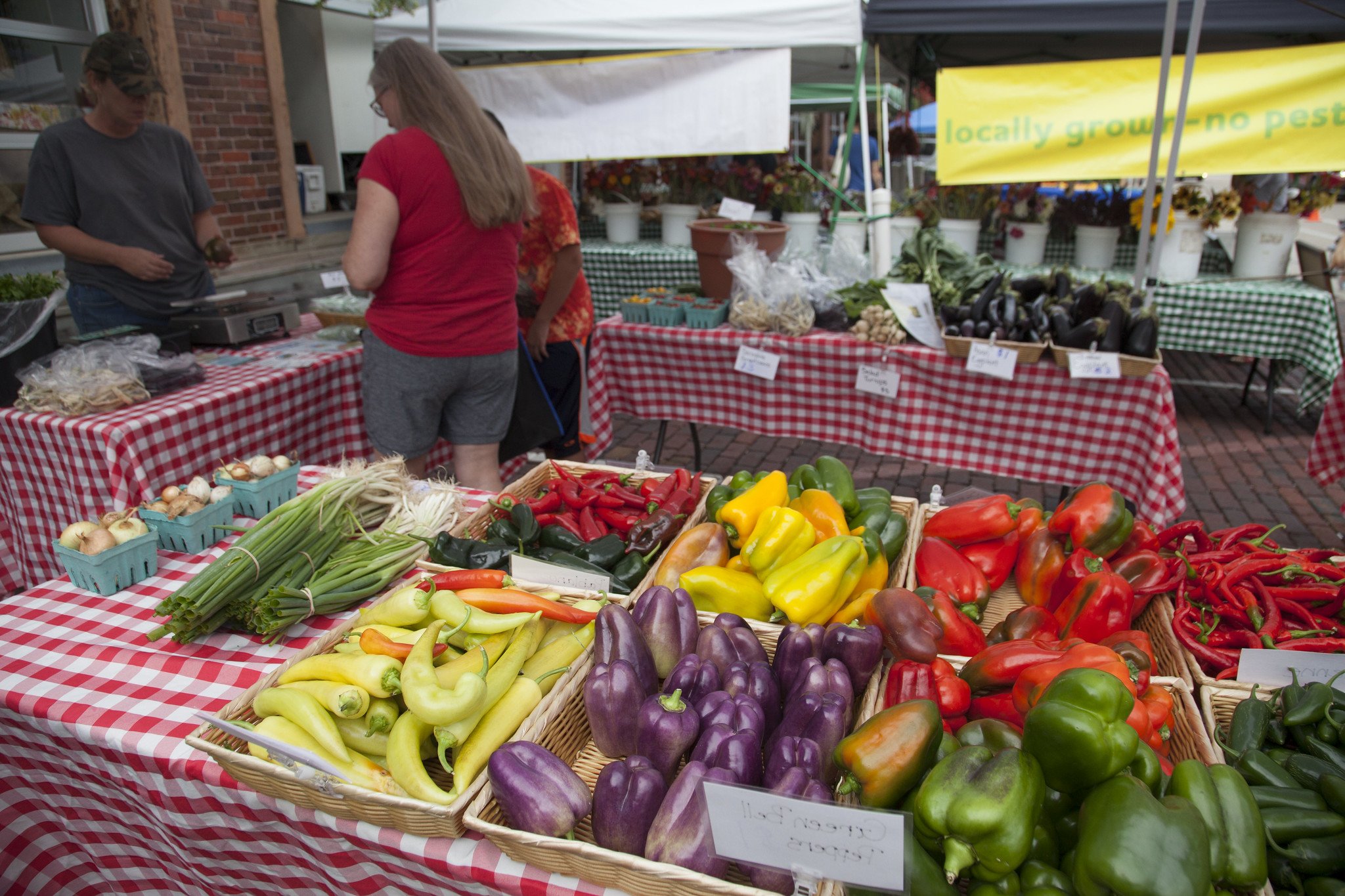The grand opening of the 2nd Street Market’s outdoor farmers market is Saturday, May 6, from 9 to 3 p.m. and will continue operation through the harvest season, which ends October 29.
The outdoor farmers market will feature more than more than 20 vendors offering fresh, in-season produce, artisan wares, specialty foods and more. In addition, 44 permanent vendors are inside the 2nd Street Market, located at 600 E. Second St. in downtown Dayton.
The outdoor farmers market will be open during the Market’s normal weekend hours of operation: Saturdays, from 9 a.m. to 3 p.m. and Sundays, from 11 a.m. to 3 p.m. In addition to weekend hours, the indoor Market vendors operate on Fridays from 11 a.m. to 3 p.m. The outdoors farmers market is held rain or shine and will only in the case of severe weather. Check the Market’s Facebook page for updates.
Along with the new outdoor farmers market vendors, shoppers can visit new permanent indoor vendors, Dayton Barbecue Company, Yellow Spring Bakery, Gunash’s Mediterranean Cuisine and Poppets Coffee.
Also new this year, the 2nd Street Market will be celebrating Pride Month throughout June with local LGBTQIA+ musicians and community groups. Additionally, the 2nd Street Market will host special activities to celebrate National Farmer’s Market Week, Aug. 6 through Aug. 12.
The 2nd Street Market also hosts live music most weekends, in addition to programs and workshops that explore topics such as healthy eating, sustainable living, crafts, gardening, cooking, baking and more. A calendar of programs – which are presented by Dayton Children’s – can be found online at metroparks.org/localfood.
For those who utilize EBT/SNAP benefits, many indoor and outdoor produce vendors accept tokens from Homefull’s EBT/SNAP exchange, as well as Produce Perks and Senior Farmer’s Market Coupons, which are available on Saturdays and Sundays.
The 2nd Street Market is a facility of Five Rivers MetroParks and supports its mission to protect the region’s natural heritage by providing the community access to fresh, local food, which is often healthier and less taxing on the environment. Additionally, shopping from local small businesses means food and products are transported shorter distances, further reducing shoppers’ carbon footprint.





